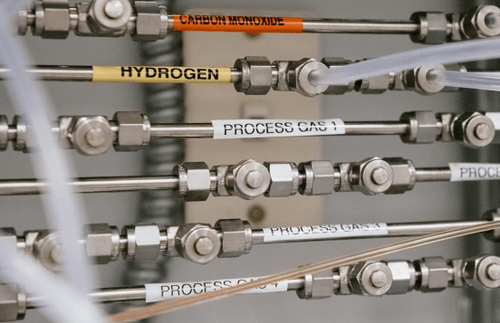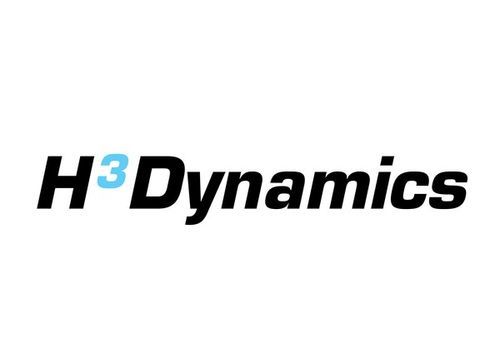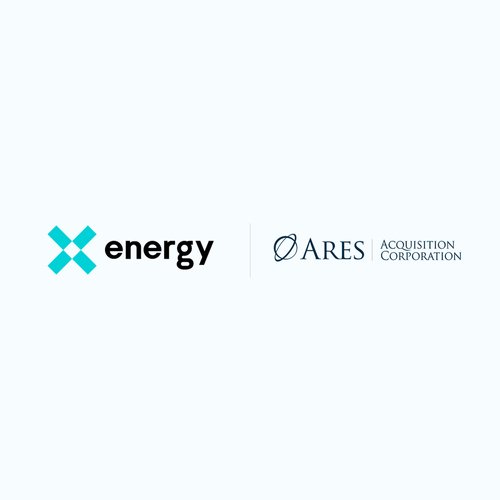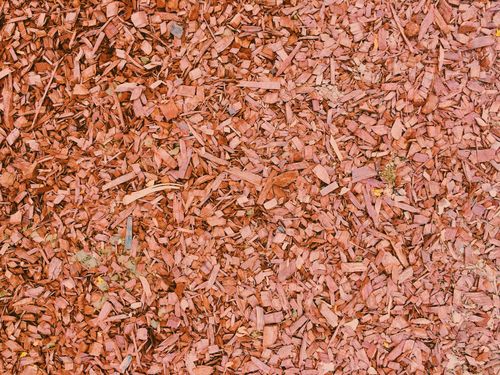Macquarie Asset Management will support the growth of sustainable aviation fuels (SAF) with an initial investment of up to €175m in SkyNRG via the Macquarie GIG Energy Transition Solutions (MGETS) Fund.
The investment will support SkyNRG’s next phase of growth and help achieve its goal to become a major SAF producer.
BofA Securities Europe S.A. acted as sole private placement agent to SkyNRG. Clifford Chance LLP acted as legal advisor to SkyNRG. RBC Capital Markets acted as sole financial advisor and Freshfields Bruckhaus Deringer LLP as legal counsel to Macquarie Asset Management.
Additional terms of the investment were not disclosed.
By 2030 SkyNRG aims to build its dedicated SAF facilities in Europe and the US, in cooperation with strategic offtake partners. To date, SkyNRG has secured partnerships with, amongst others, KLM Royal Dutch Airlines and Boeing with envisaged long term commitments of up to €4bn in SAF purchases.
SkyNRG has been at the forefront of the development of SAF since it was founded over 14 years ago by, amongst others, Theye Veen and Maarten Van Dijk. They initially focused on creating a market for SAF and supplied the world’s first commercial flight using SAF in 2011. Since then, SkyNRG has expanded and is active in R&D, advisory services and in selling SAF. Today, the company provides SAF to airlines and corporates around the world and is still one of the leading and most active participants on the SAF market.
The SAF industry is benefitting from significant tailwinds, including voluntary corporate offtake commitments aligned to net-zero targets and growing political and regulatory support. This includes the European blending mandate (ReFuelEU) that requires the use of SAF, and the Biden Administration’s SAF Grand Challenge and the Inflation Reduction Act in the US, which is encouraging the use of SAF via strong tax incentives. By 2050, SkyNRG estimates that such incentives will create demand for up to €650bn of investment in the sector and accelerate the aviation industry’s transition away from fossil jet fuels.
Philippe Lacamp, CEO of SkyNRG, commented: “It is critical that SAF production capacity is developed now to enable the aviation industry to meet its net-zero goals. We are very proud that Macquarie has made this strategic investment in our business and are confident that they, with the ongoing support of our existing shareholders, will provide us with the resources and expertise we need to accelerate our growth journey towards becoming a major player in the SAF industry.”
Mark Dooley, Global Head of MAM Green Investments, said: “We have a track record for backing businesses working at the forefront of the energy transition. This is an exciting milestone for us, as our first SAF investment. SkyNRG has been a pioneer in SAF, with an entrepreneurial spirit and a strong commercial focus. We look forward to collaborating with the SkyNRG team as they grow their business and advance solutions to decarbonize the aviation industry.”







